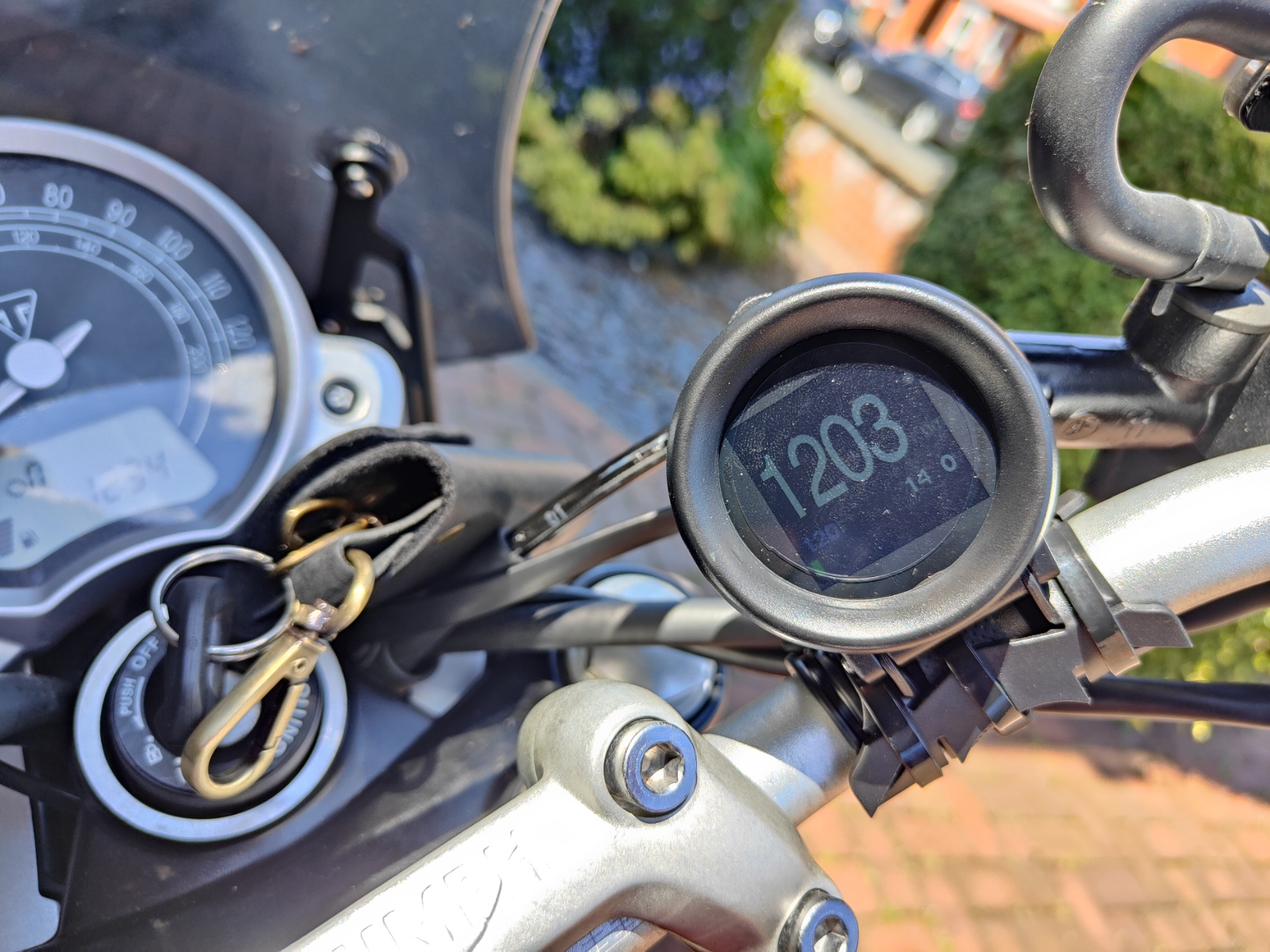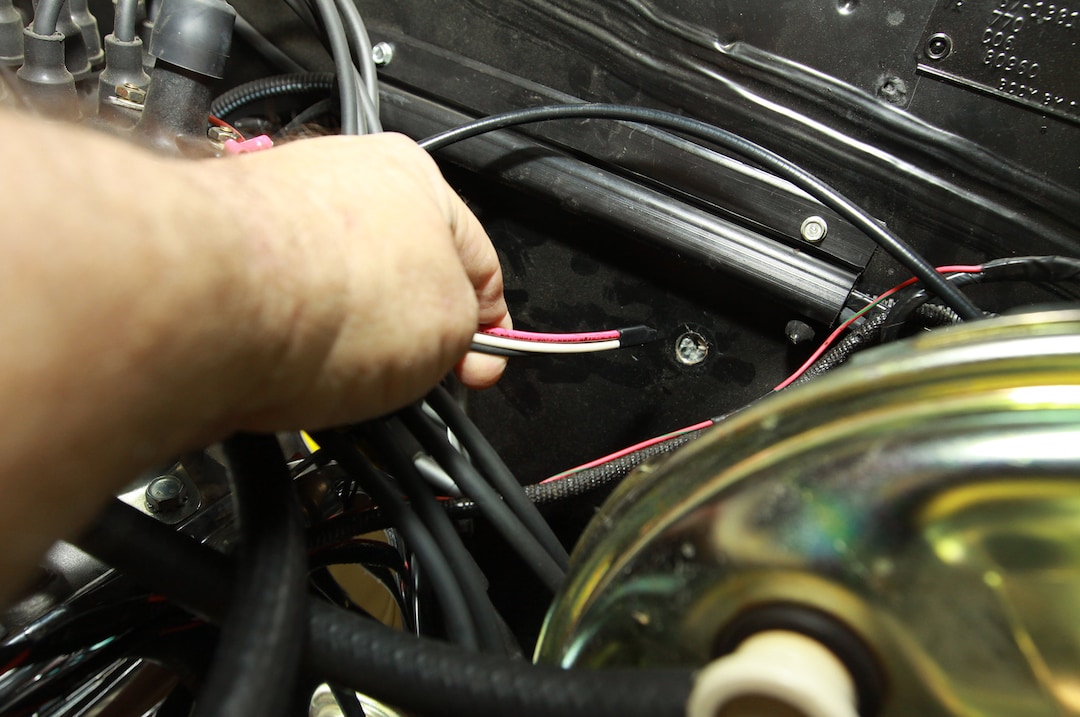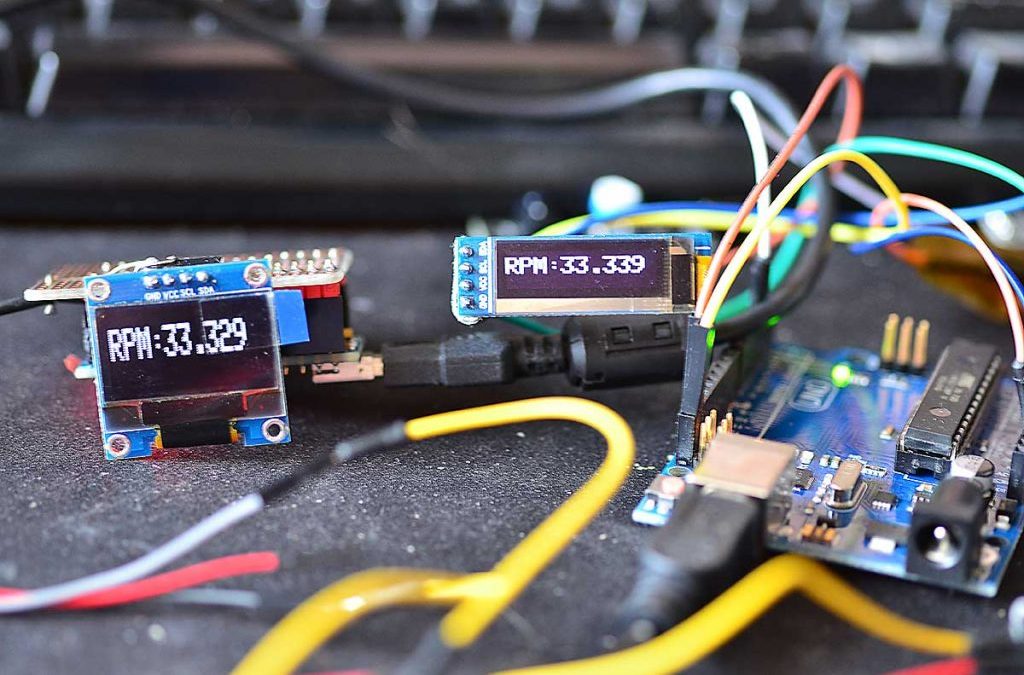If youve ever wondered, why is my tachometer going up and down?, you’re not alone. Whether you are a seasoned mechanic or a new driver, understanding the behavior of your tachometer is crucial. Let’s delve into this issue in detail and explore potential reasons for tachometer fluctuations. Read more here.

What is a Tachometer?
A tachometer is an instrument that measures the rotation speed of a shaft or disk in a motor or other machine. It typically displays the revolutions per minute (RPM) on a calibrated analog dial or digital readout. In vehicles, the tachometer shows the engine speed, which can be crucial for diagnosing various issues.
Why Your Tachometer Fluctuates
Engine Problems
One of the most common causes for a fluctuating tachometer is engine problems. Issues like misfires, air leaks, or fuel delivery problems can cause the RPM to rise and fall unexpectedly.
Transmission Issues
If your vehicle has an automatic transmission, problems with the torque converter or the transmission itself can cause the tachometer to fluctuate.
Electrical Problems
Sometimes, the issue lies within the vehicle’s electrical system. Faulty wiring or a malfunctioning alternator can cause the tachometer to behave erratically.
How to Diagnose Tachometer Issues
Checking for Error Codes
Modern vehicles come equipped with On-Board Diagnostics (OBD) systems that can help identify specific problems. Use an OBD reader to check for error codes that could explain the erratic behavior of your tachometer.
Visual Inspection
Sometimes, a simple visual inspection can reveal the cause. Check for disconnected or frayed wires around the engine and tachometer.
Professional Diagnosis
If all else fails, taking your vehicle to a certified mechanic for a thorough diagnosis can be the best course of action.Read here.
Preventive Measures
Regular Maintenance
Keeping your vehicle well-maintained can go a long way in preventing tachometer issues. This includes regular oil changes, air filter replacements, and spark plug inspections.
Software Updates
Sometimes, the issue can be resolved with a simple software update, especially in newer vehicles. Make sure your vehicle’s software is up-to-date.
Battery Health
A weak or failing battery can also cause electrical issues that affect the tachometer. Ensure that your battery is in good health by having it tested regularly.

FAQ
1. Can a Bad Sensor Cause Tachometer Fluctuations?
Yes, a faulty sensor can send incorrect signals to the tachometer, causing it to fluctuate.
2. Is It Safe to Drive with a Fluctuating Tachometer?
While it may be safe to drive short distances, a fluctuating tachometer is often a sign of an underlying issue that should be addressed promptly.
3. How Much Does It Cost to Fix a Fluctuating Tachometer?
The cost can vary widely depending on the cause. Simple fixes like replacing a sensor might be inexpensive, while more complicated issues like engine or transmission repairs can be costly.Read here.
